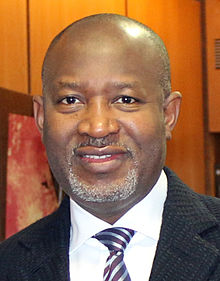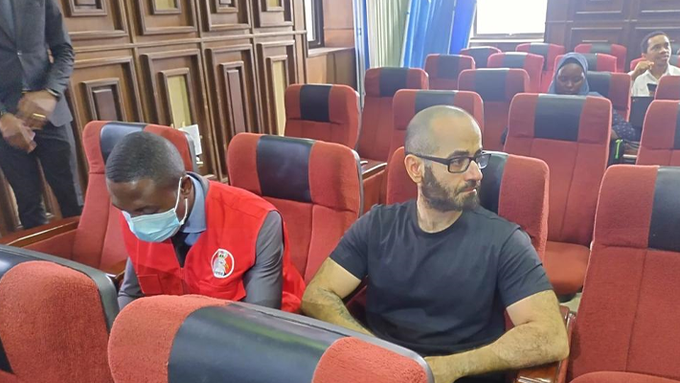STRIKER: The Meeting Challenge
After enrolment, membership of any organisation is verified basically through finance and attendance. Attending meetings is as important as regular payment of agreed fees. Once you consent to the aims and objectives of any group and join voluntarily, or otherwise belong to it by virtue of occupation, trade or studies, it is important to take interest in the activities of the organisation. These activities are usually the outcome of certain decisions taken at various meetings.
Organisations have structures and layers of responsibilities assigned in order to function smoothly for the fulfilment of their objectives. Individuals that compose the various levels must regularly meet to take decisions in the best interest of the organisation, and here comes the challenge. When there are no regular meetings for any reason, rooms are created for one person or a few people to take decisions, and you can bet that those decisions are not likely to be in the best interest of the generality. When Nigerians talk about cabals and mafias, there lies the simple origin: a few persons taking decisions that ought to be taken by many more persons at certain meetings that usually were not called.
There are different kinds of meetings as well as different levels; the lower level, being general meetings, which happens to be the most important. They don’t take place as frequently as other committee or executive meetings. As members of any institution, organisation, group or party, it is almost a sacred duty to attend general meetings for those who genuinely have the interest of the organisation at heart.
Sadly, Nigerians seem to have allergy for serious meetings. We have arrived at a time that if you see a meeting bubbling, then some goodies are being shared or about to be shared! At almost all instances, unless for the impending sharing of goodies, hardly do you get a 50 percent attendance at meetings to discuss on the way forward in the cause of the organisation; yet we want the best of everything, for ourselves, our associations, political parties and our country!
Meetings precede programmes and activities. Active participation in the programmes of organisations and political parties are positive and important. However, the objectives of those activities and programmes, and to what benefit, are usually determined at meetings. Absenting from meetings, as such, allows certain persons to determine the eventual goal and the direction of the organisation.
Meetings are the soul of democracy and are especially critical for civil society, political organisations and parties. It is at meetings that different ideas on how to go about solving problems or achieving certain goals are compared and contrasted to arrive at the best, for the collective good; the alternative is autocratic dictation – one man or a few men or women taking decisions usually to advance their own interest. When meetings are either not regularly called or not significantly attended, except when goodies are to be shared, organisation becomes tools in the hands of contending cliques within it, as its manifestoes and objectives are set aside. In the fullness of time, the destiny of such organisations is negatively impacted.
As they say, “two heads are better than one,” and “there is no monopoly of knowledge.” The best ideas come to light at well moderated meetings when different options are considered and the best position arrived at. Mercifully, despite the social distancing protocol of these pandemic times, several online platforms still provide text, audio and video meeting opportunities. Hopefully, the end of COVID-19 will be seen through collective human efforts, and life as we used to know it will resume. So with meetings, congregations, conferences and congresses too!
In the interest of the advancement of our society, our collective attitude to meetings must change for the better. The time and brain committed always pay off. Waiting for material incentive as motivation to attend meetings places the destiny of the organisation in the hands of the providers and leaves members as pawns and puppets in some individuals’ private game.










